By Amollo Ambole, ACRC Nairobi in-city urban development research lead
The ACRC Nairobi team had the privilege of joining residents, government officials, engineers, public health experts and other stakeholders at the Water and Sanitation Policy workshop for Nairobi’s informal settlements, which took place from 30 June to 1 July 2025.
The two-day workshop was more than just another policy dialogue. It was a moment in which lived realities, technical knowledge and years of community-driven innovation finally met at the same table.
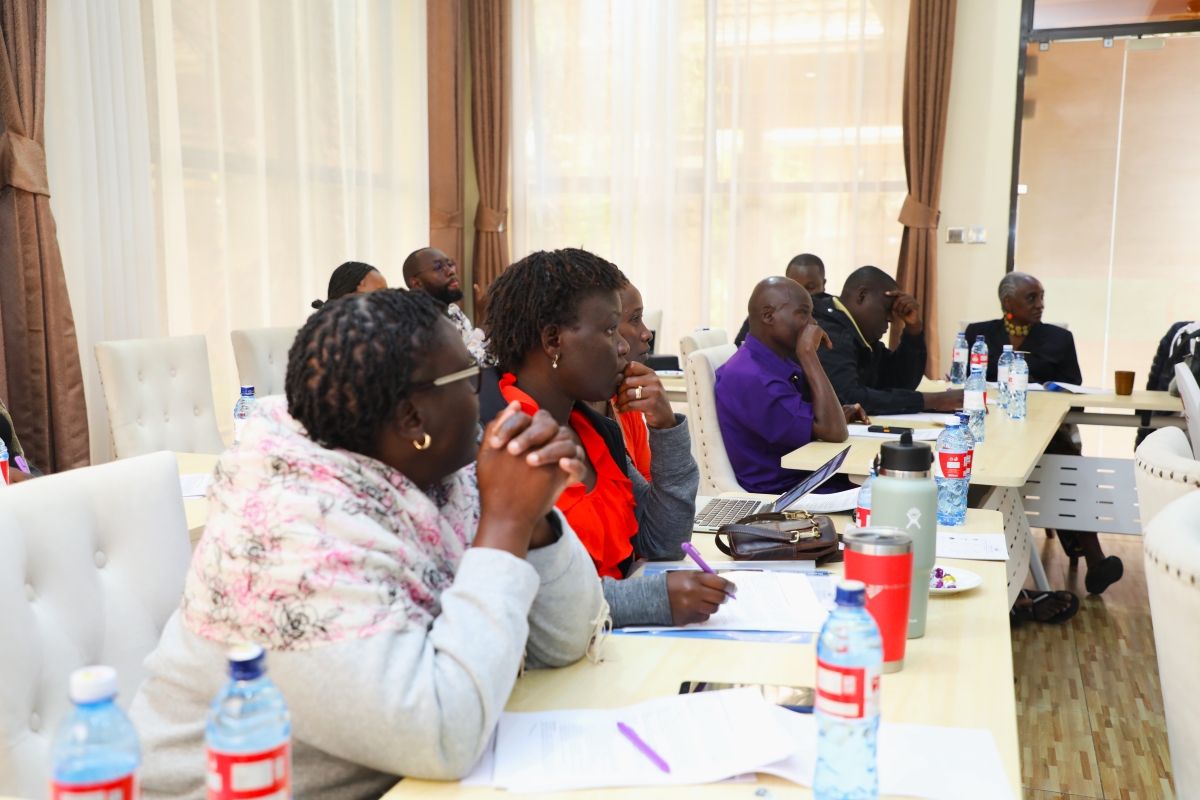
Modelling WASH solutions
For many years, Mukuru residents, supported by partners including the Nairobi City County Government (NCCG) and Nairobi City Water and Sewerage Company (NCWSC), have modelled what it means to co-create water and sanitation (WASH) solutions. From simplified sewer systems (SSS) to prepaid water dispensers (PPDs) to community-led governance structures, residents and partners have shown that safe, affordable and dignified water and sanitation are possible, even in Nairobi’s most underserved areas.
The workshop marked a critical next step to ensure that the lessons from Mukuru shape formal, county-wide policy – and not as a top-down directive, but as an enabler of positive change for informal settlements. When policy follows practice in this way, it does not hinder progress; it accelerates it.
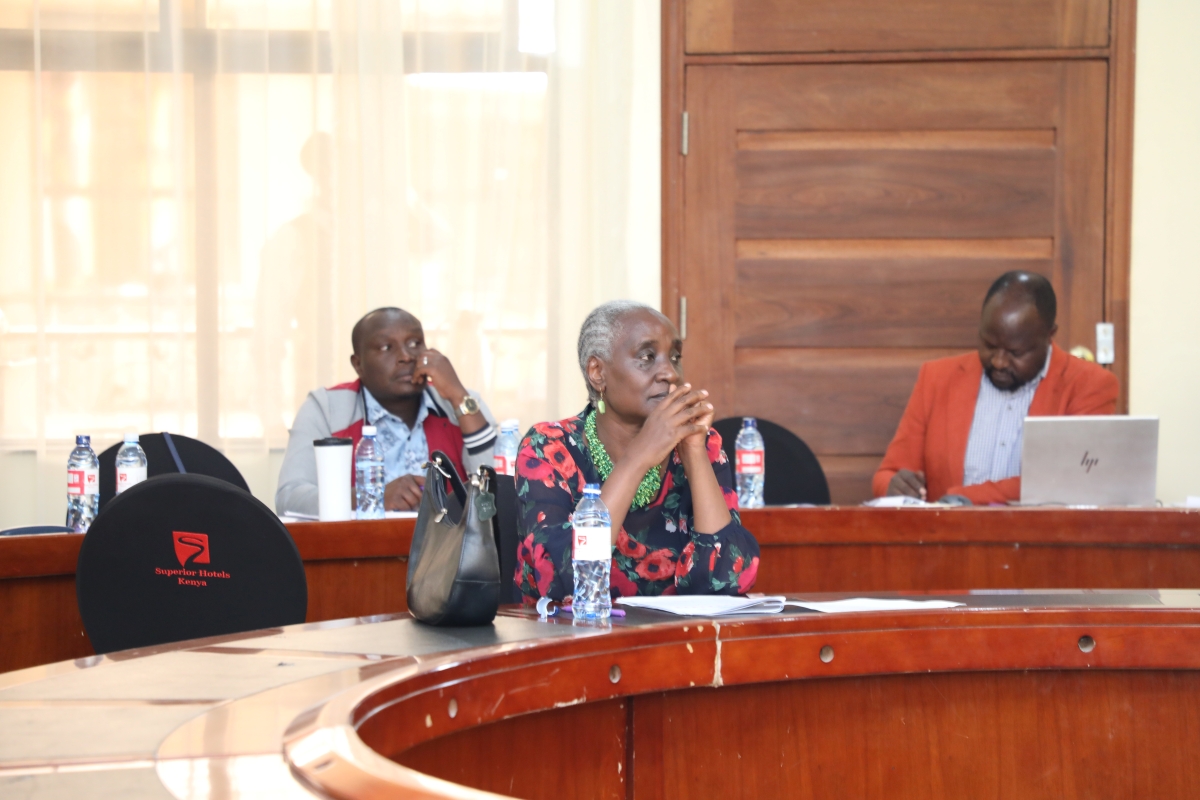
What stood out most was the diversity of expertise in the room. Whether bringing deep technical expertise on laying trunk infrastructure, local knowledge of the social dynamics within settlements, or legal expertise on designing adaptive regulations, we reflected together on what has worked, what hasn’t and where we go from here. We debated, challenged each other, and ultimately found common ground. It was a shared journey, rooted in the understanding that water and sanitation are a matter of dignity, equity and public health for all of Nairobi.

Lessons on simplified sewer systems in Mukuru
A key technical discussion centred on how SSS works in practice in Mukuru. The model is designed to reflect the spatial realities of the settlement. The government, through the utility company and other actors, is responsible for laying the larger main sewer lines along major roads or through planned corridors. Communities, in turn, take the lead on last-mile connections to lateral sewer lines that run through footpaths and narrow spaces between plots, connecting toilets to the main network. This shared approach reduces costs, minimises displacement and ensures that infrastructure upgrades happen together with community needs and oversight.
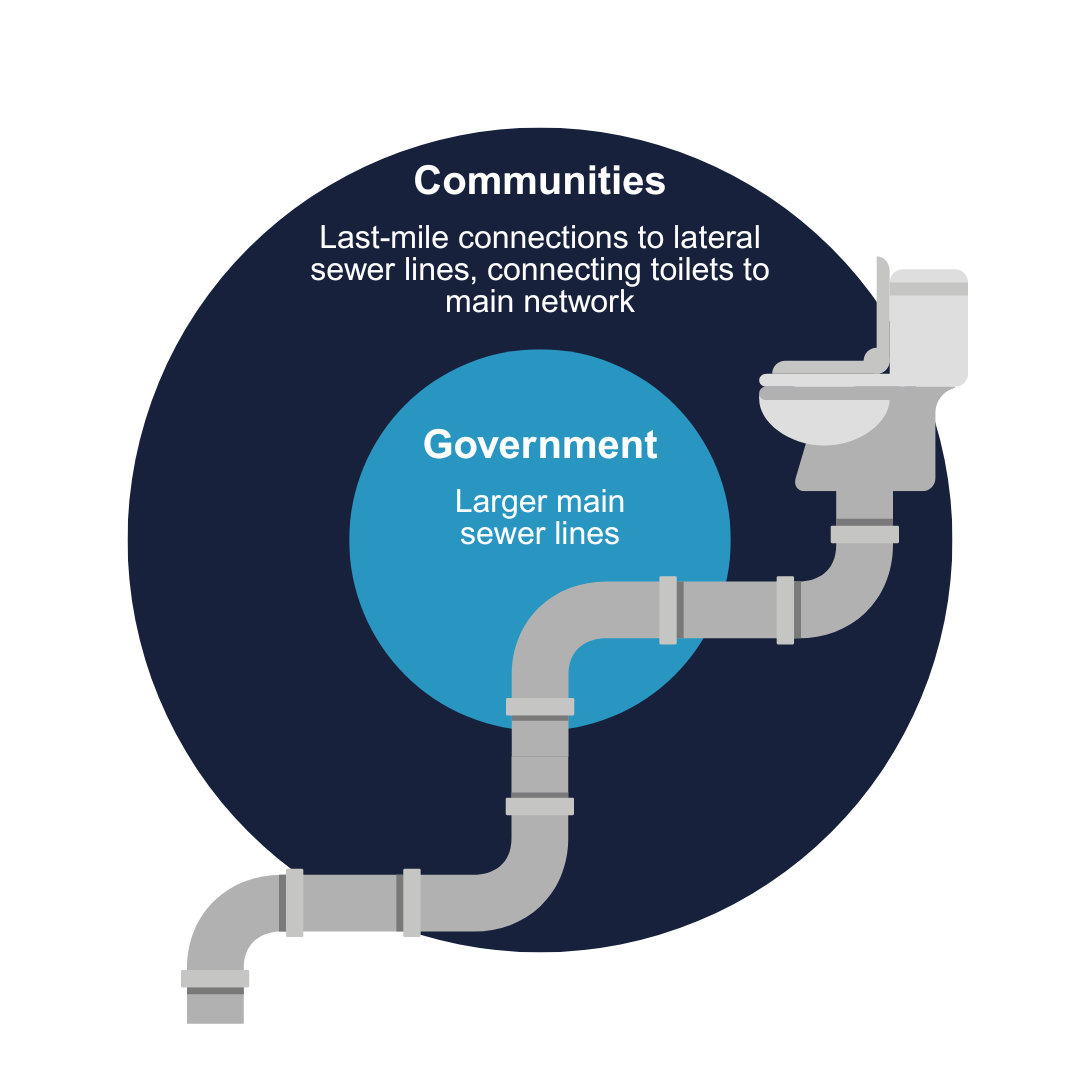
Adapting policies to contextual realities
This policy conversation is thus firmly anchored by the practical lessons and demonstrated outcomes of the co-designed service delivery model jointly piloted by NCCG, NCWSC, residents of Mukuru and civil society partners, such as Akiba Mashinani Trust. Building on this collaborative approach, the draft Water and Sanitation Policy prioritises community participation, area-wide integrated planning and a multistakeholder governance approach. It also acknowledges that solutions like SSS and PPDs are scalable and sustainable when supported by clear standards, participatory management and community buy-in.
The draft policy also introduces critical measures, such as community-led GIS mapping, technical feasibility assessments, and proposes the use of live data dashboards to guide service delivery and monitor progress. Ultimately, it underscores the importance of affordability, environmental sustainability and climate resilience as essential considerations for building systems that work for Nairobi’s fast-growing, complex urban environment.
There are, of course, challenges ahead. Scaling community-led water and sanitation models to all of Nairobi’s informal settlements will require sustained political will, investment and inclusive governance. But if this workshop showed anything, it is that change is already happening.
A special mention to Akiba Mashinani Trust and the many partners who have stayed the course on this journey. And to ACRC for supporting research that informs and strengthens these efforts. As ACRC’s Nairobi in-city leads, we left the workshop feeling hopeful. When residents and officials collaborate with mutual respect, and when technical innovations are matched with inclusive governance, urban transformation is a tangible, shared reality.
To learn more about how this journey began, we highly recommend listening to Jane Weru and colleagues tell the story of the Mukuru Special Planning Area (SPA).
Read more:
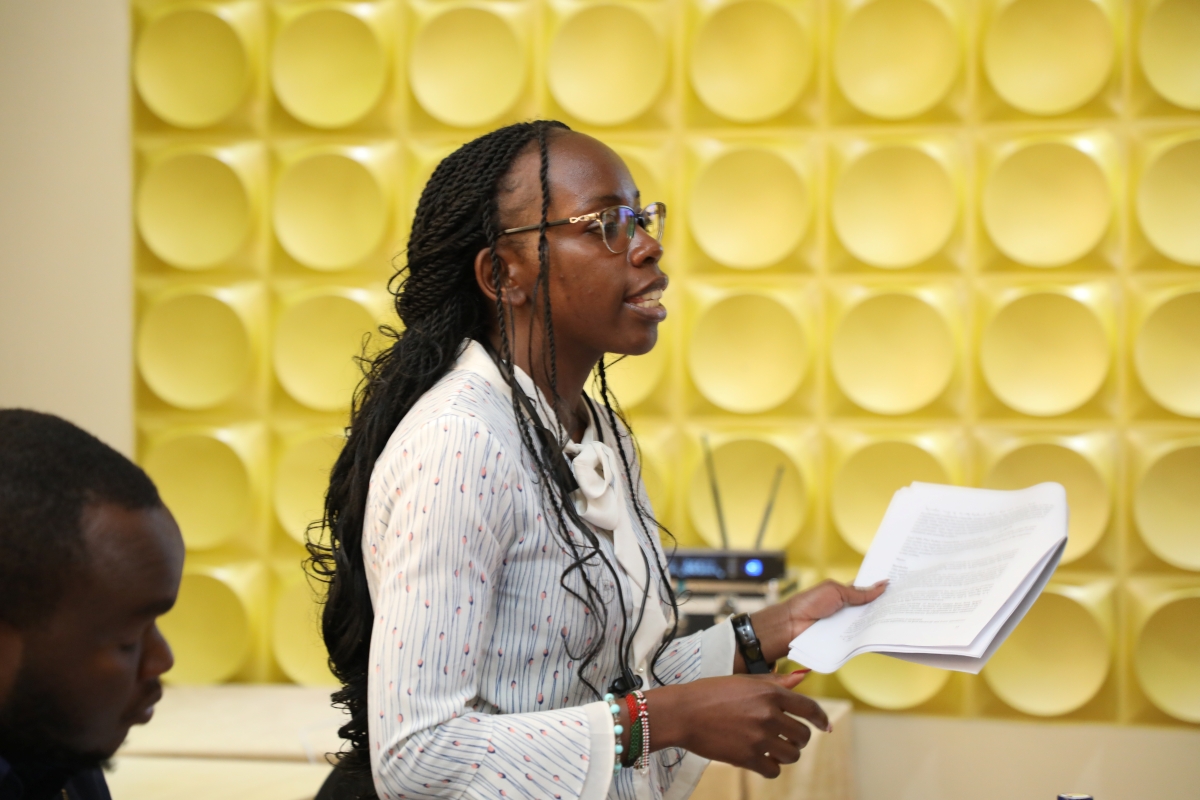
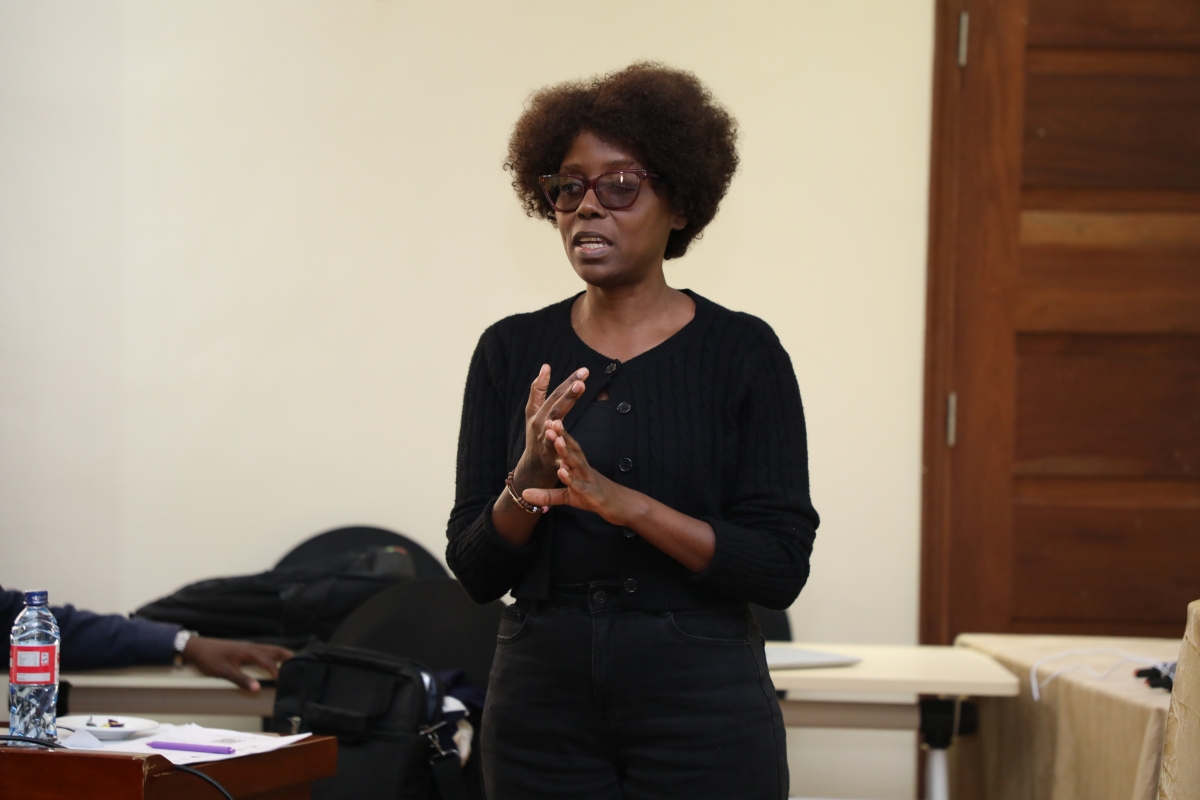
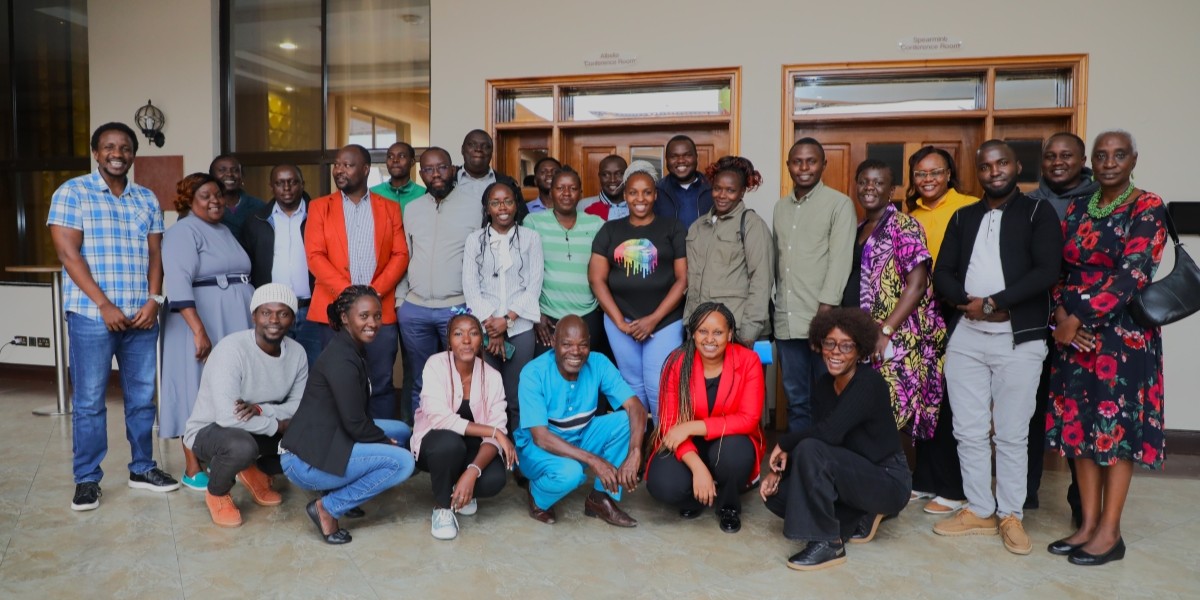
Photo credits: Akiba Mashinani Trust
Note: This article presents the views of the authors featured and does not necessarily represent the views of the African Cities Research Consortium as a whole.
The African Cities blog is licensed under Creative Commons Attribution-NonCommercial-NoDerivatives 4.0 International (CC BY-NC-ND 4.0), which means you are welcome to repost this content as long as you provide full credit and a link to this original post.


